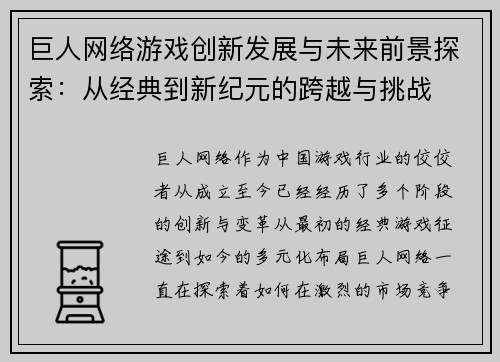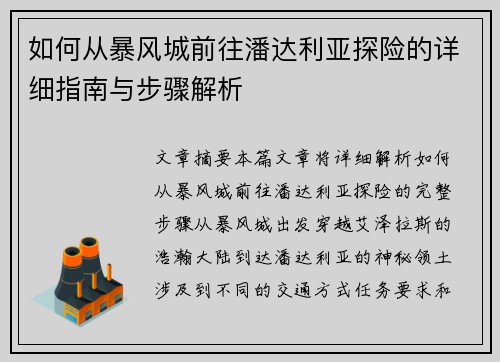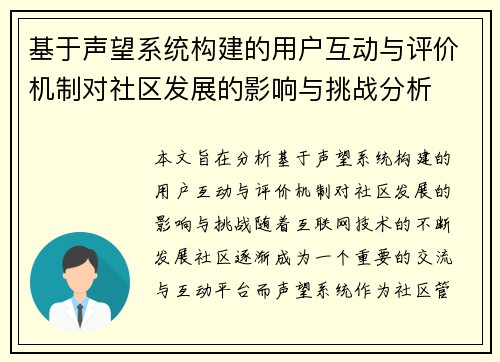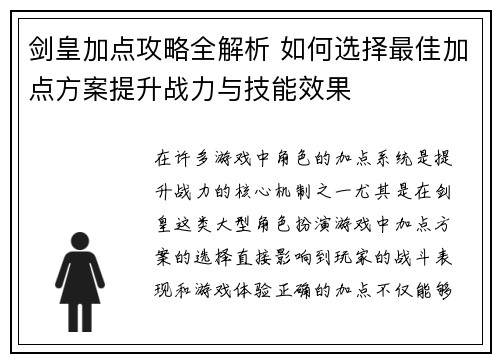
打造健康生活新标准 医药科技引领未来医疗创新与发展趋势
- 158
Certainly! Here's the structured article on "Building a New Standard for Healthy Living: Medical Technology Leading Future Innovations and Development Trends".
凯发K8公司首页**Article Abstract:**
In the pursuit of healthier lifestyles, medical technology stands at the forefront of innovation and development. This article explores how advancements in medical technology are shaping a new standard for health, revolutionizing healthcare delivery, enhancing patient outcomes, and paving the way for future medical innovations.
**1、Advancements in Telemedicine**
1、Advancements in Telemedicine
Telemedicine, enabled by cutting-edge technologies such as AI and remote monitoring systems, has transformed healthcare accessibility. Patients can now receive expert consultations and monitoring from anywhere, reducing barriers to care and improving health outcomes. Moreover, the integration of telemedicine into healthcare systems enhances efficiency and reduces healthcare costs.
The seamless integration of telemedicine into healthcare systems has not only improved accessibility but also enhanced the quality of care. Remote diagnostics and teleconsultations have become pivotal in managing chronic conditions and providing timely interventions.

Furthermore, telemedicine facilitates interdisciplinary collaborations among healthcare providers, fostering a holistic approach to patient care. As technology continues to evolve, telemedicine holds promise in extending medical services to underserved populations and optimizing healthcare resource allocation.
**2、AI and Precision Medicine**
2、AI and Precision Medicine
Artificial Intelligence (AI) is revolutionizing precision medicine by analyzing vast datasets to personalize treatment plans and predict patient outcomes. Machine learning algorithms identify patterns in genetic data, enabling tailored therapies that maximize efficacy and minimize side effects.
AI-driven diagnostic tools enhance early detection of diseases, enabling timely interventions and improving prognosis. The integration of AI into medical imaging streamlines diagnostics processes, providing clinicians with accurate insights into patient conditions.
Moreover, AI-powered virtual assistants and chatbots enhance patient engagement and support self-management of chronic diseases. By leveraging AI, healthcare providers can deliver proactive and personalized care, transforming the healthcare landscape.
**3、Blockchain in Healthcare**
3、Blockchain in Healthcare
Blockchain technology ensures secure and transparent sharing of healthcare data, enhancing interoperability and data integrity. By decentralizing data storage and enabling cryptographic security, blockchain mitigates data breaches and protects patient privacy.
Smart contracts and decentralized applications (dApps) enable efficient management of electronic health records (EHRs) and streamline administrative processes. Patients have greater control over their health data, empowering them to share information securely with healthcare providers.
Furthermore, blockchain facilitates clinical trials and research by providing a verifiable and immutable record of data transactions. As blockchain adoption grows, it promises to revolutionize healthcare by improving data management, interoperability, and patient outcomes.
**4、Wearable Health Technology**
4、Wearable Health Technology
Wearable devices, equipped with sensors and IoT connectivity, monitor vital signs and track health metrics in real-time. These devices empower individuals to proactively manage their health and fitness, promoting preventive healthcare practices.
Continuous monitoring of physiological parameters enables early detection of health issues, facilitating timely medical interventions and reducing hospital admissions. Wearable technology integrates seamlessly with mobile apps, enabling users to track fitness goals, monitor chronic conditions, and receive personalized health insights.
Moreover, wearable health technology fosters data-driven approaches to healthcare, facilitating remote patient monitoring and improving care coordination. As technology advances, wearable devices are poised to become indispensable tools in promoting holistic well-being and preventive care.
总结:
Medical technology continues to redefine the standards of healthy living through innovations in telemedicine, AI-driven precision medicine, blockchain applications, and wearable health technology. These advancements not only enhance healthcare accessibility and efficiency but also empower individuals to take proactive control of their health. As we look to the future, integrating these technologies promises to revolutionize healthcare delivery, improve patient outcomes, and pave the way for a healthier society.
In conclusion, the synergy between medical technology and healthcare innovation holds immense potential to transform the healthcare landscape, creating a future where personalized, accessible, and effective healthcare becomes the new standard.





